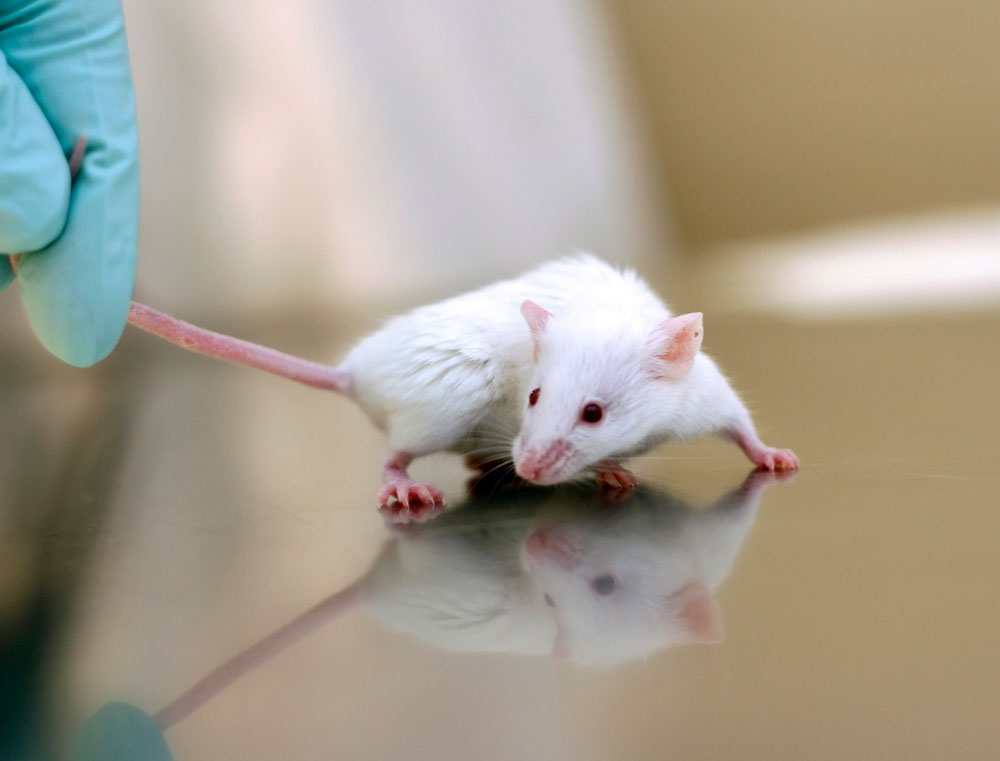Mice are kind and sympathetic than we think
The anxiety, the sympathy that the mouse has for those in need is surprising to scientists.
Researchers at the University of Chicago (USA) split the mice into pairs so they knew each other. After that, lock one into a transparent tube inside the cage. The results showed that the second mouse suffered until it found a way to free his friend. Surprisingly, not only help, mice also know to share with their friends.
According to the study, female mice are more interested in you than males.
During the experiment, the scientists found that the mouse was excited to see you stuck. This is the simplest form of empathy.
The outer mouse tried to open the tube door and free his friend, which was a more complex form of empathy.
According to a report in Science , after extensive research, the results are still the same. Inbal Ben-Ami Bartal, professor of physiology, said: "We didn't train these mice. They were motivated by something inside. We didn't show them how to open the door. Really. It is difficult to do so, however, they continue to try and eventually succeed '.

Mice are very sympathetic to their kind
In the next experiment, the mice often had little or no interest in the toys stuck in the tube, they freed their friends even if they were not allowed to play afterwards. This shows that the motive of mice is to alleviate your friend's suffering.
When testing whether mice choose to save you or eat chocolate, they usually perform rescue before eating chocolate with you. Another member of the research team said: "This is really fascinating. Help my friend escape from the cage that is as important as eating chocolate. We were shocked."
Female mice often try to save you more than males, perhaps because of the sympathy of the mother. Clear sympathy does not only belong to humankind.
Professor Mason said: "When we act without empathy, we are against biological inheritance."
- The mole rats eat the mouse rat manure to get instructions for raising children
- The truth is hard to believe: A pair of experimental mice can be as expensive as a billion-dollar car
- New threat from European house mice
- Scientists have created transparent mice
- Successfully cloned mice from a drop of blood
- Cure mice with disabilities by
- Pups born from two gay mice
- 'Super mouse' is as big as a cat because of radiation
- Signs of learning ability in mice
- The woman pioneered the use of mice for science
- New finding: Mice don't laugh with their mouth but with their ears
- Dogs make 'nannies' for rats
 Animal 'suffering' after hibernation
Animal 'suffering' after hibernation Why do goats climb well?
Why do goats climb well? Scientists were surprised to see chimpanzees eating turtles
Scientists were surprised to see chimpanzees eating turtles Giant catfish died deadly due to drought in Thailand
Giant catfish died deadly due to drought in Thailand